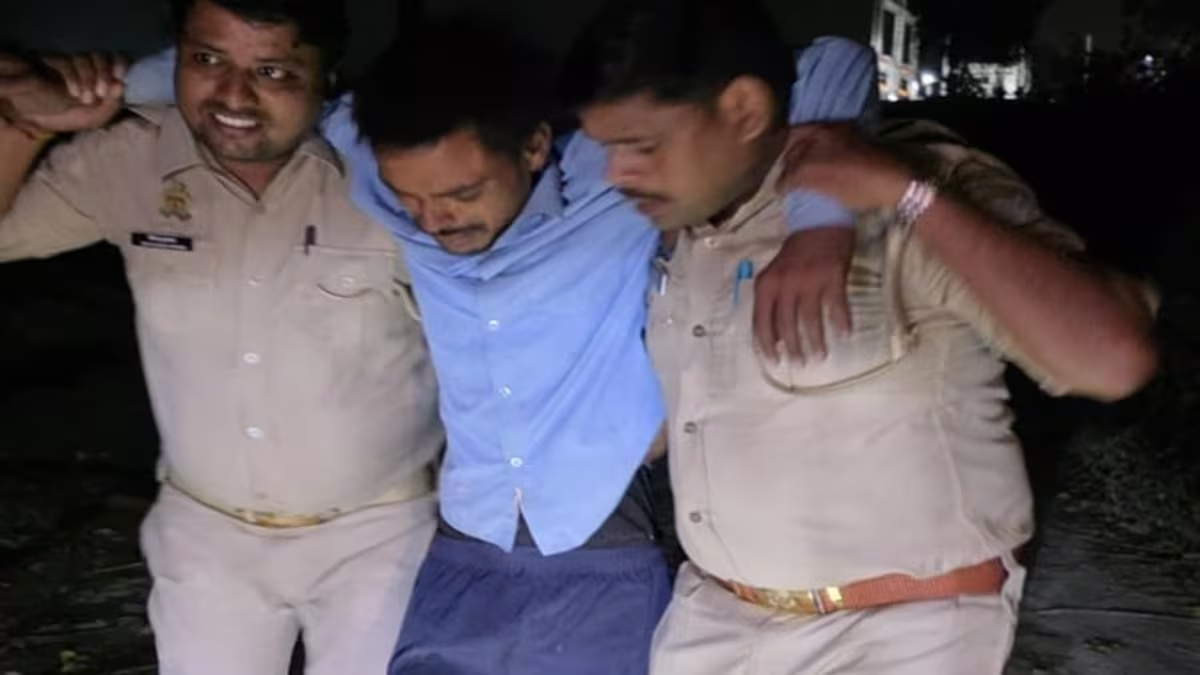US-Iran Backchannel Talks Seek Diplomatic Exit Amid Escalating Israel-Iran Conflict
In a series of quiet but significant developments, US special envoy Steve Witkoff and Iranian Foreign Minister Abbas Araqchi have held multiple phone conversations over the past week in an effort to de-escalate the rapidly worsening conflict between Israel and Iran, according to three diplomats who spoke to Reuters on condition of anonymity.
The talks mark the most direct and substantive contact between Washington and Tehran since tensions flared into open hostilities following Israel’s airstrikes on Iranian targets, which began on June 13. While the discussions remain highly sensitive, they suggest a renewed attempt to revive diplomacy—even as the region teeters on the brink of wider war.
Iran Conditions Return to Talks on Halt to Israeli Strikes
According to diplomatic sources, Araqchi has made it clear to Witkoff that Iran will not return to nuclear negotiations unless Israel ceases its military campaign.
“Tehran cannot engage in meaningful dialogue while under attack,” one European diplomat said, summarizing the Iranian stance.
A regional diplomat with ties to Tehran added that Araqchi told Witkoff Iran could show “flexibility” on the nuclear issue, but only if the US exerts pressure on Israel to stop the bombardment.
A U.S. Proposal: Regional Enrichment Consortium
The conversations also touched on a previously floated US proposal—first presented in late May—to establish a regional uranium enrichment consortium that would process nuclear material outside Iran’s borders.
While the idea was again raised in the recent phone calls, Iran has thus far rejected it, holding firm to its demand that uranium enrichment must remain on Iranian soil.
This reflects the core impasse in the nuclear standoff: President Donald Trump insists Iran must halt all domestic enrichment activities, while Supreme Leader Ayatollah Ali Khamenei has declared that Tehran’s right to enrichment is non-negotiable.
Quiet Moves Amid Public Rhetoric
The U.S. and Iranian officials have not publicly acknowledged these backchannel discussions, and neither side responded to Reuters‘ requests for comment.
However, the phone calls represent a shift from earlier contacts limited to brief, indirect exchanges during talks held in Oman and Italy since April.
According to a second regional diplomat, it was Washington that initiated the first direct call, also proposing a new framework to break the diplomatic deadlock.
President Trump has remained ambiguous about the extent of American military involvement in Israel’s campaign, though he hinted at a diplomatic window when he recently claimed that Iranian officials were interested in coming to Washington for discussions.
His tone contrasts with that of some European leaders, particularly French President Emmanuel Macron, who stated that Trump had privately told G7 leaders he was exploring a ceasefire to pave the way for broader talks. Trump later dismissed Macron’s interpretation.
European Mediation in Focus
In parallel, the European trio—Britain, France, and Germany (the E3), all signatories to the 2015 nuclear deal—have intensified their diplomatic engagement.
On Sunday, they held a ministerial call with Araqchi, and a follow-up meeting is scheduled in Geneva later this week, according to both the Iranian Foreign Ministry and an EU official.
The Europeans have also been coordinating closely with U.S. Secretary of State Marco Rubio, who was present at the recent G7 summit in Canada. Diplomats say both Rubio and Araqchi separately raised the possibility of a new diplomatic initiative with European interlocutors.
An Unstable Balancing Act
A senior European diplomat described the emerging picture: “Trump wants the military operations to wind down quickly and is keen for Iran to open dialogue, but he’s also insisting they accept key U.S. terms.”
Given the ongoing Israeli strikes and Trump’s hardline rhetoric, Tehran is unlikely to engage in direct, public talks with Washington anytime soon.
However, European diplomats are increasingly seen as a viable intermediary through whom both sides can test the waters for a negotiated resolution.
As the situation remains fluid, what emerges from this quiet flurry of diplomacy could determine whether the region steps back from the brink—or slides deeper into confrontation.




